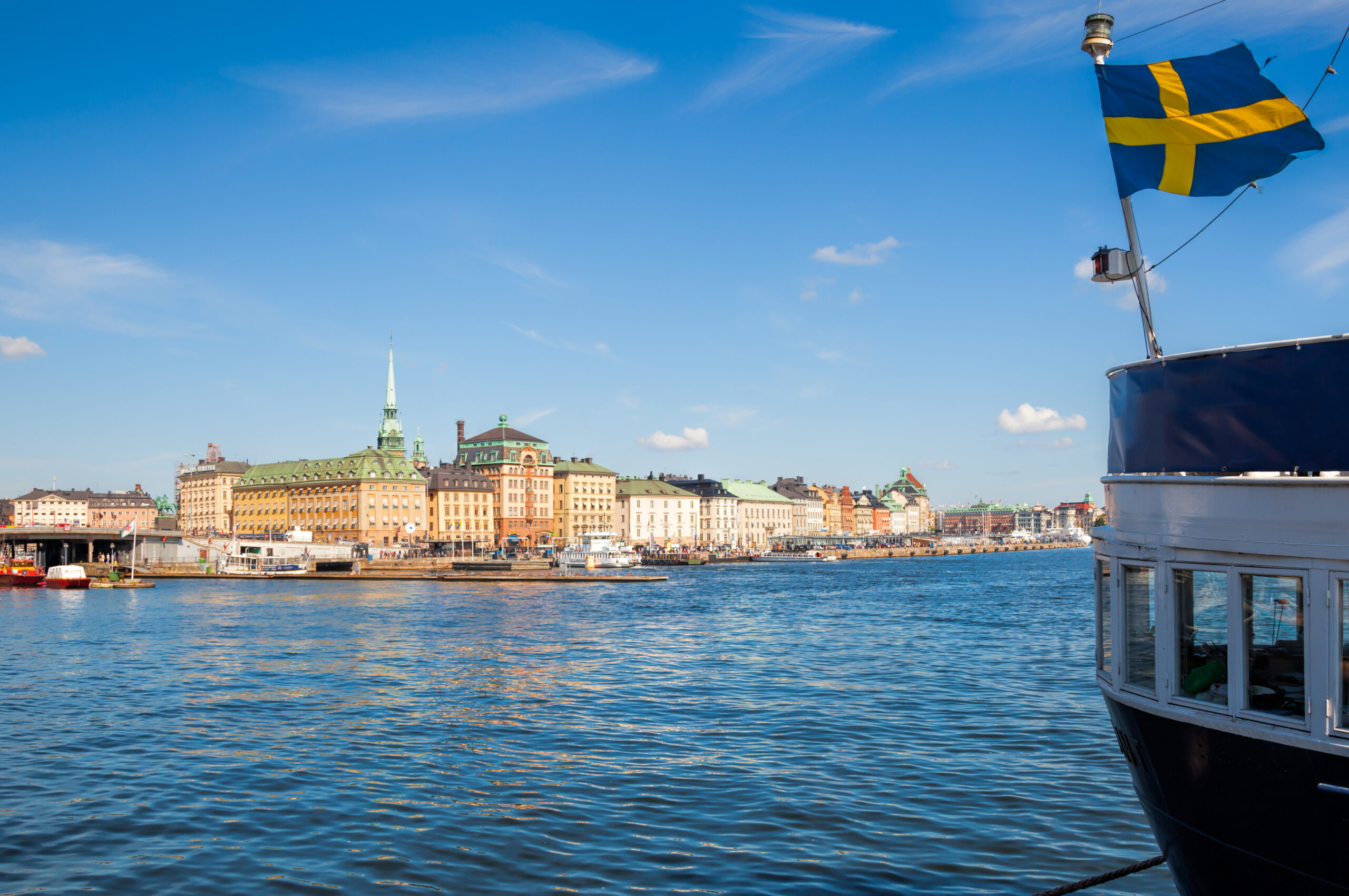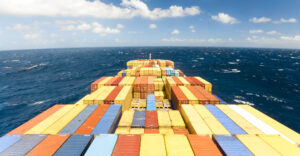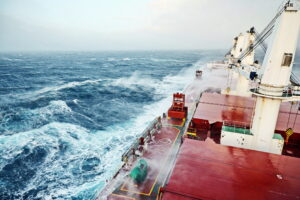The marine mutual insurer The Swedish Club said it faces a 30-fold increase in the number of attestations that the Club must collect in 2024 to satisfy the demands of the Russia oil price cap.
The Club’s Director, Corporate Legal Malin Högberg said the oil price cap (OPC) adds another layer of complexity. “On a normal voyage, oil can be traded 30 times while at sea. And yet the OPC obligation sits with the shipowner, which has no control over this trade.”
From December 2022, the Club was required to secure one attestation per member per year to demonstrate that they had carried out due diligence on the price of any Russian oil or petroleum products being carried.
“Now, we will need one attestation per voyage. If the trading levels of 2023 are maintained, that means a 30-fold increase in the number of attestations that the Club must collect in 2024. If the attestation is not provided within 30 days of loading the cargo, we are not allowed to provide cover,” Malin Högberg noted in The Swedish Club’s annual report for 2023.
The sanctions landscape expanded rapidly in scope and complexity during 2023, and the focus for marine mutual insurer The Swedish Club’s legal team was to ensure that all regional offices had their own sanctions expertise, as well as being able to call on the legal department where additional support was needed.
“Most people in the industry found 2022 intense, with new sanctions coming out at a rapid pace, every two to three months,” says Malin. “The trend continued in 2023, and it became clear that the complexity of the sanctions regimes against Russia go way beyond anything industry has seen before. Thus, 2023 was focused on enabling the Club’s local teams to see sanctions as a permanent risk that we must deal with and have permanent resources in place for.”
Trading patterns
“Originally many thought that sanctions against Russia would increase at such a pace that after a year no one would be going there,” says Malin. “However, we have seen major changes in trading patterns, with Russian oil being shipped to alternative destinations outside Europe.”
Chair of IG Sanctions Committee
In chairing the International Group’s Sanctions Committee, Malin has worked closely with other IG Clubs as well as the authorities to understand and explain sanctions issues.
“It has been a privilege to chair the committee,” she says, “and I have represented the IG Clubs in meeting with senior officials around the world. While policy is developed by the authorities, the IG Clubs are seen as a discussion partner providing valuable industry insight to ensure the sanctions packages are viable.”
In at the beginning
“Meanwhile, the European Union has been at the forefront of sanctions against Russia, so The Swedish Club has been affected before others. That means that we have sometimes had to be first in implementing the needful due diligence procedures to secure compliance with the EU sanctions regimes against Russia.”
The Club has concentrated on providing up-to-date information on sanctions packages for its members, via the sanctions site online, which also contains a comprehensive guide for members on carrying out due diligence.



